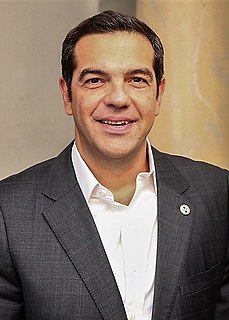A Quote by Ezra Taft Benson
The stage, the screen, the novel, casual conversation, the street discussion, and too often the fireside intimacies are punctuated with blasphemy, to which may be added, as of the same nature, coarse, ribald jokes, foul stories, and low small talk. Some would have us believe that profanity is a sign of masculinity and emotion maturity.
Related Quotes
Plays are literature: the word, the idea. Film is much more like the form in which we dream - in action and images (Television is furniture). I think a great play can only be a play. It fits the stage better than it fits the screen. Some stories insist on being film, can't be contained on stage. In the end, all writing serves to answer the same question: Why are we alive? And the form the question takes - play, film, novel - is dictated, I suppose, by whether its story is driven by character or place.
Jokes are great capsules of information. I think they should never be censored. They often are offensive - and we're offended by different things - but I believe deeply in what Freud wrote of their relationship to the unconscious, which is that jokes come to help us. We laugh so as to dispense with, or to express, some ambivalence or discomfort with the things around us. That's what laughing is: a release.
When you spend time with your friends, what do you talk about? Those things which made an impression on you that day, that week ... I write stories the same way. Events at home, in school, at work, in the street, these are the bases for a story. Some experiences leave such a deep impression that instead of talking about them at the club I work them into a novel.
Novelists are perhaps the last people in the world to be entrusted with opinions. The nature of a novel is that it has no opinions, only the dialectic of contrary views, some of which, all of which, may be untenable and even silly. A novelist should not be too intelligent either, although he may be permitted to be an intellectual.
The Scripture, which tells us not to be angry at all, and which says in the thirty-seventh Psalm, Cease from anger, and forsake wrath, and which commands us by the mouth of Paul to put off all these, anger, wrath, malice, blasphemy, filthy communication, would not involve God in the same passion from which it would have us to be altogether free.
If a man, before he passed from one stage to another, could know his future life in full detail, he would have nothing to live for. It is the same with the life of humanity. If it had a programme of the life which awaited it before entering a new stage, it would be the surest sign that it was not living, nor advancing, but simply rotating in the same place.
I grew up listening to my grandfather's stories of our musical past. He would often talk about the orchestras that played at concerts and the musicians who played on Sunday evenings on street corners. By the time I grew up in the '80s, all of this was a thing of the past. I lived vicariously through his stories and often wondered what it would have felt like to have been part of his generation.
Criticism is a study by which men grow important and formidable at very small expense. The power of invention has been conferred by nature upon few, and the labour of learning those sciences which may, by mere labour, be obtained, is too great to be willingly endured; but every man can exert some judgment as he has upon the works of others; and he whom nature has made weak, and idleness keeps ignorant, may yet support his vanity by the name of critic.










































